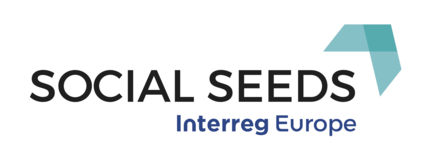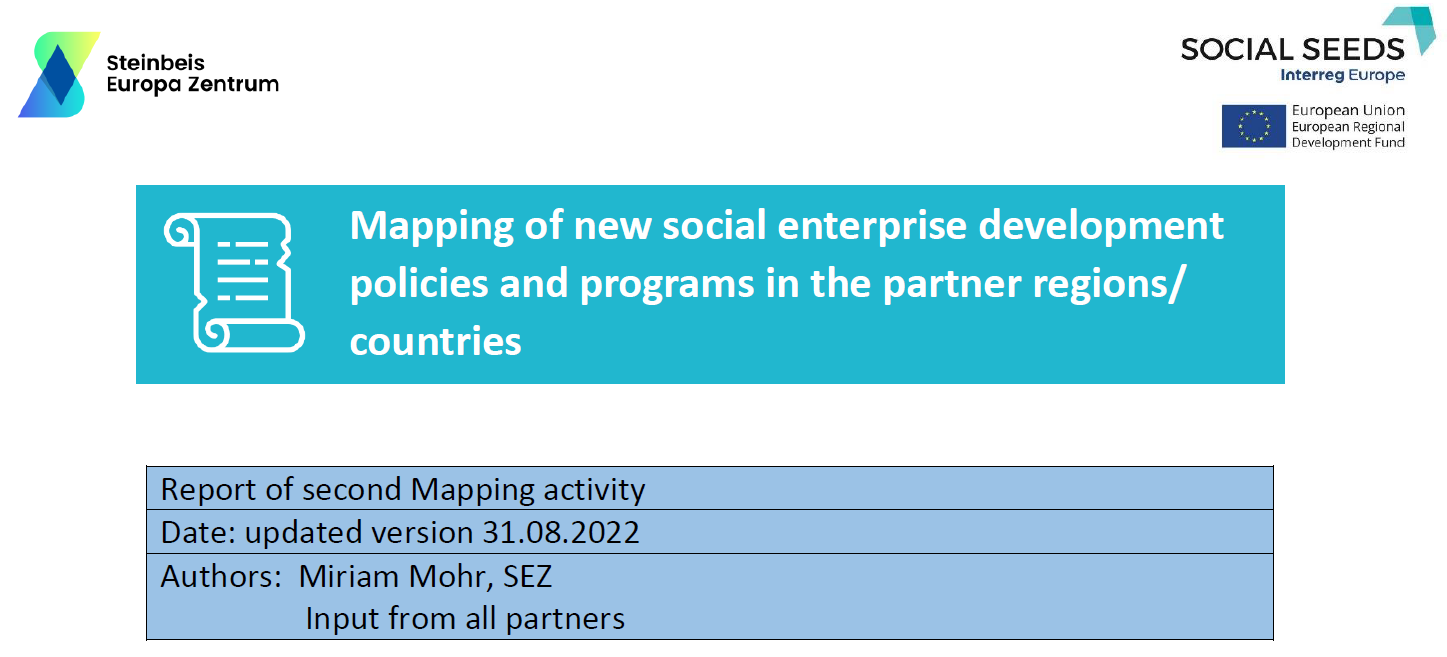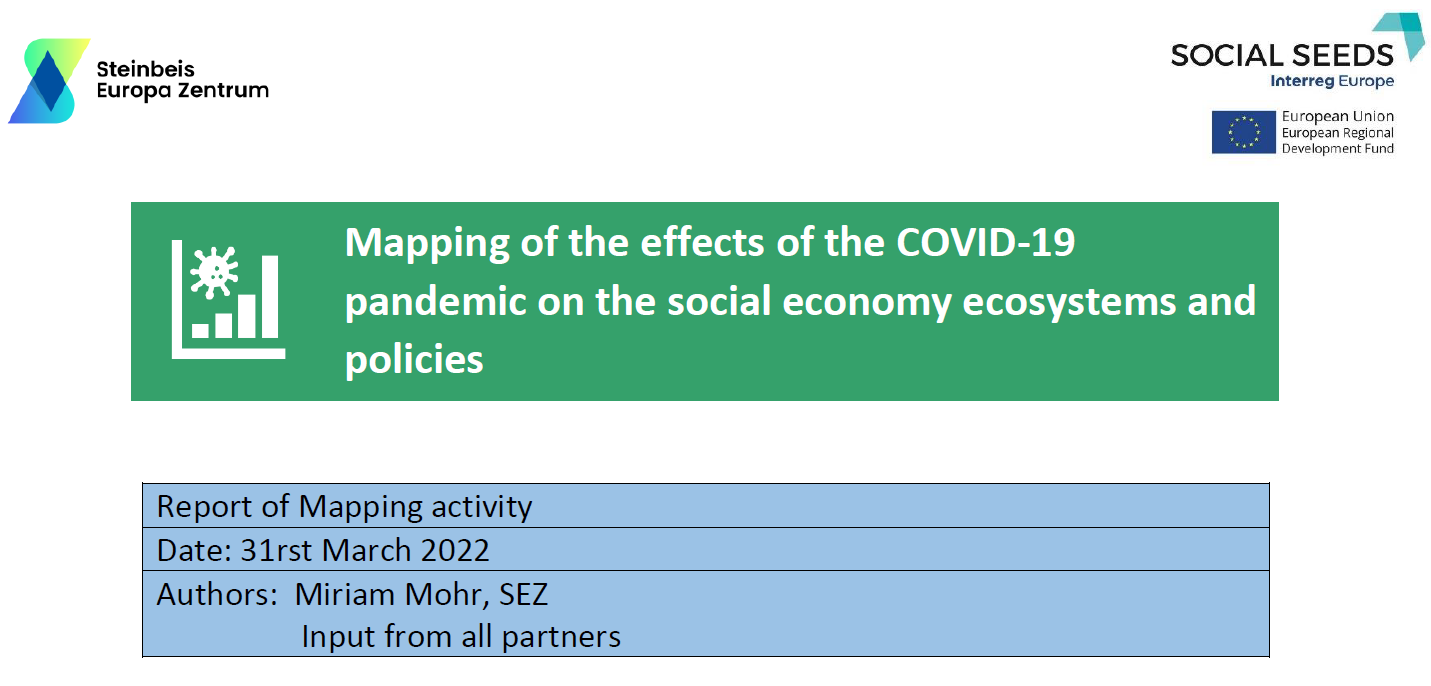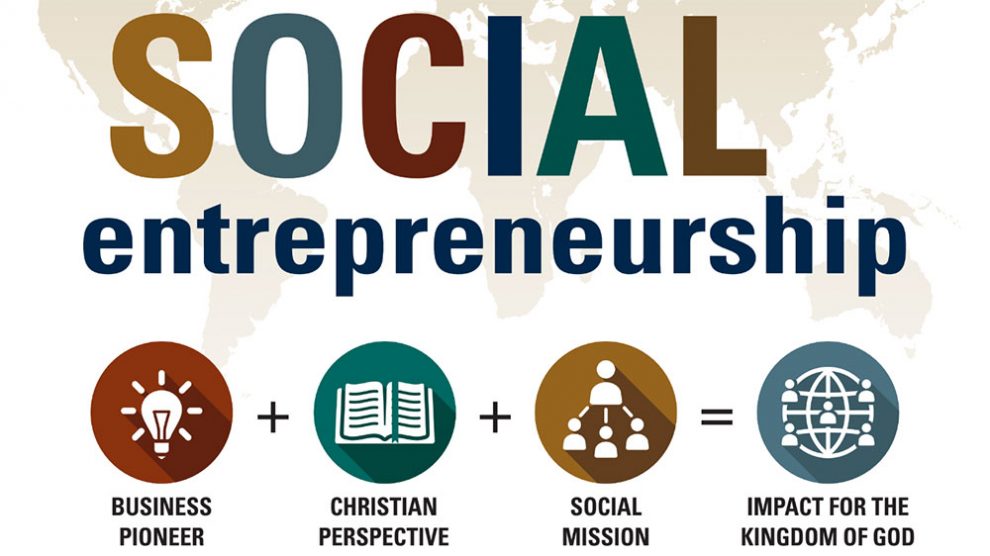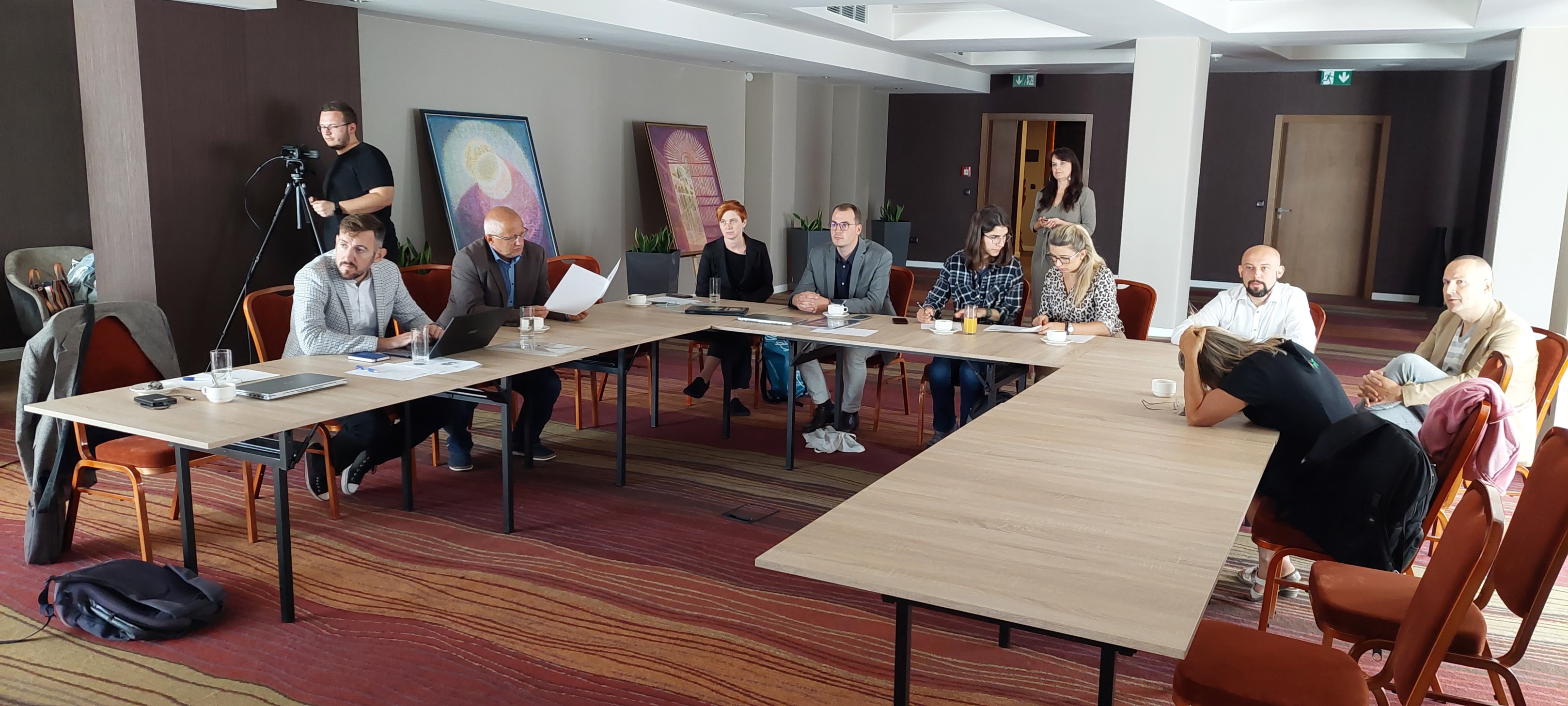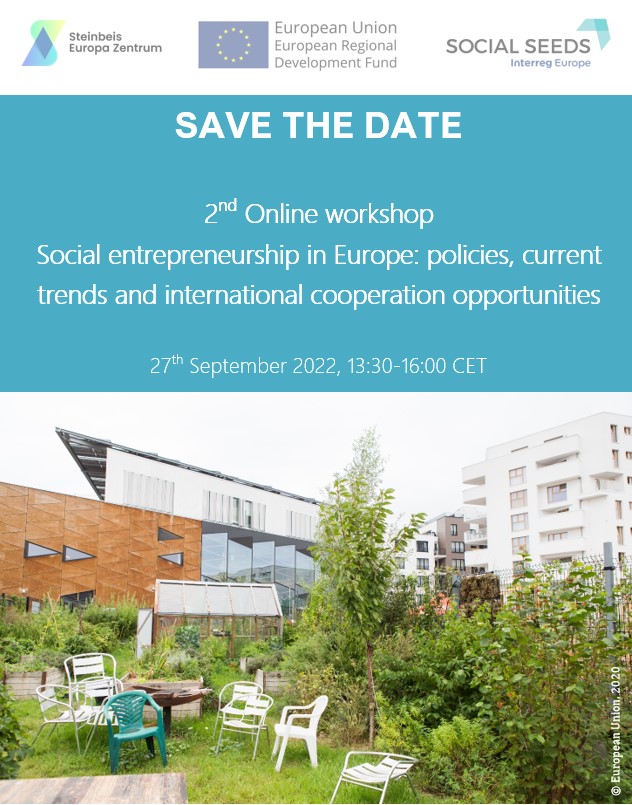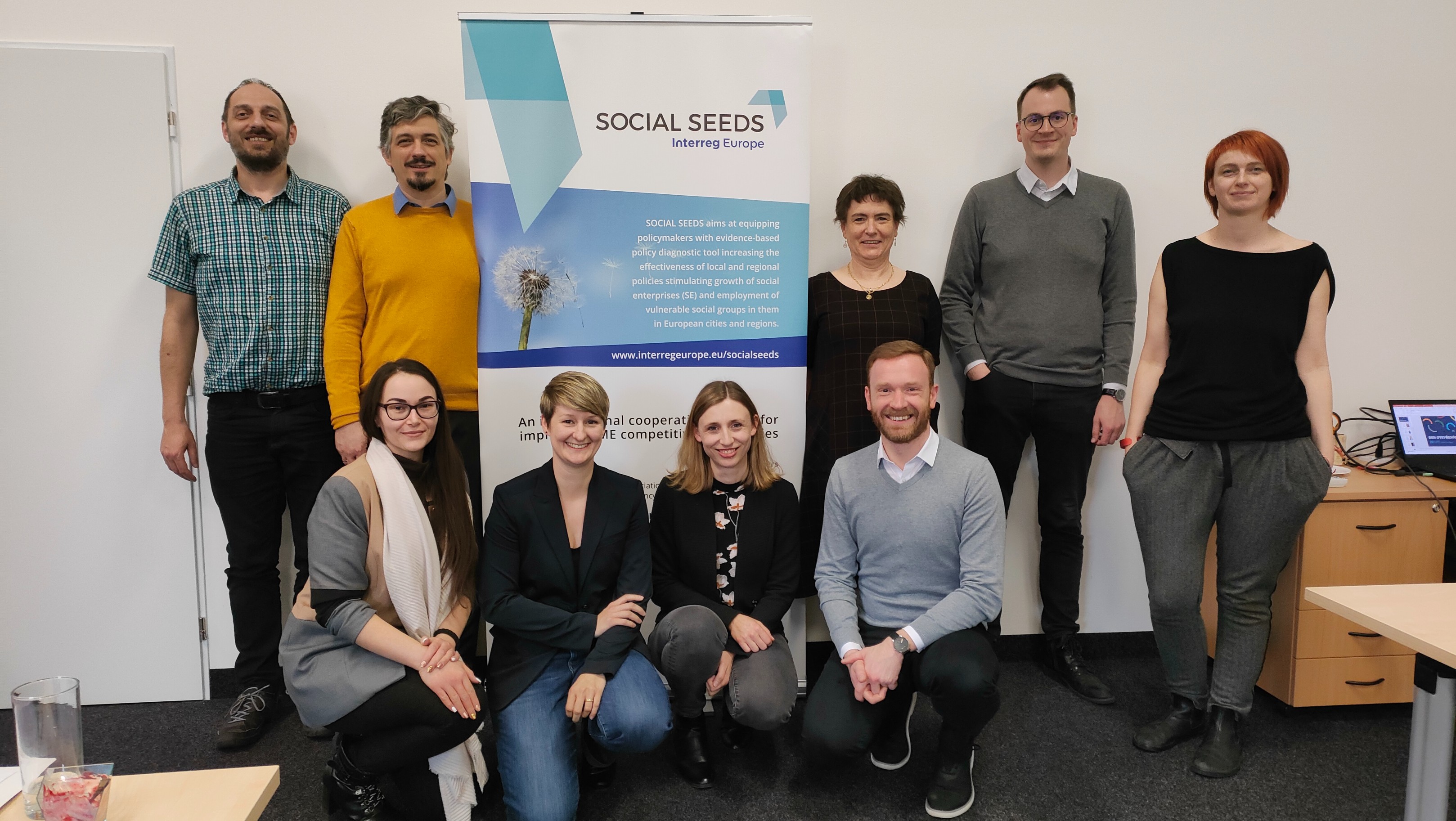EaSI-EURES: Call for proposals on cross-border partnerships and support to cooperation on intra-EU mobility for EEA countries and social partners (call reference VP/2018/007 - deadline 25/06/2018)
Purpose of the call
EURES seeks to promote the better functioning of the labour markets by facilitating the voluntary transnational cross-border geographical mobility of workers, providing greater transparency on the labour market, ensuring the clearance of vacancies and applications for employment and supporting activities in the ares of placement, recruitment, advice and guiadance at national and cross-border level.
Objectives
The overall objectives of the call are to promote workers' intra-EU labour mobility, to boost employment opportunities as well as to support the implementation of the EURES Regulation.
The call consists of four strands in line with the 2018 annual work programme for grants and procurement for EaSI:
The first strand will seek to support fair mobility for frontier workers in cross-border regions;
The second strand will support the development of new cross-border partnerships and any activities leading in this direction
The third strand will seek to support intra-EU labour mobility in the EEA countries;
The fourth strand will seek to support coordination of the social partners activities in the EURES network by the European level Social Partners.
Below we will discuss Strand 4 "Support to cooperation on intra-EU mobility for social partners".
Activities
Strand 4 shall support European social partner organisations observers in the Advisory Committee on Free Movement of Workers to inform about, coordinate and to promote intra-EU labour mobility among their member organisations and to ensure that those member organisations that are also part of the EURES network are well aligned to the objectives of EURES.
Proposals must support at least three of the categories of activities listed below:
To ensure exchange of information by direct and regular contacts between social partner organisations at local, regional, national and European level on matters related to EURES.
To contribute to awareness raising and communication on intra-EU labour mobility to the general public and to jobseekers and employers, providing information on Union law and on its instruments such as EURES, in accordance with the EURES communications strategy 2015-2020.
To plan and implement a communication campaign targeted at their members, promoting cross-border labour mobility in general and EURES in particular. The campaign should have the clear goal to increase the use of the services offered by the EURES portal and network.
To organise stakeholder events relating to intra-EU labour mobility, EURES, cross border partnerships and cooperation in this area, bringing together representatives of employers' organisations, trade unions, public and private employment services and public authorities, with a view to reporting to the Commission on data, findings and recommendations.
To improve client services provided by social partner organisations to mobile and frontier workers, bearing in mind good practices and the developments relating to admission systems for EURES Members and Partners.
To support exchange of best practices and mutual learning on the development of new or better services for jobseekers and employers to be provided by social partners or other organisations in the context of chapter V of the EURES Regulation.
Expected results
Exchange of information by direct and regular contacts between social partner organisations
Increase communication and awareness on intra-EU labour mobility with the general public and to jobseekers and employers
A communication campaign targeted at the members of the participating social partners
Stakeholder events relating to intra-EU labour mobility, EURES, cross border partnerships and cooperation in this area, bringing together representatives of employers' organisations, trade unions, public and private employment services and public authorities
Improved client services provided by social partner organisations to mobile and frontier workers
Exchange of best practices and mutual learning on the development of new or better services for jobseekers and employers to be provided by social partners or other organisations in the context of chapter V of the EURES Regulation.
